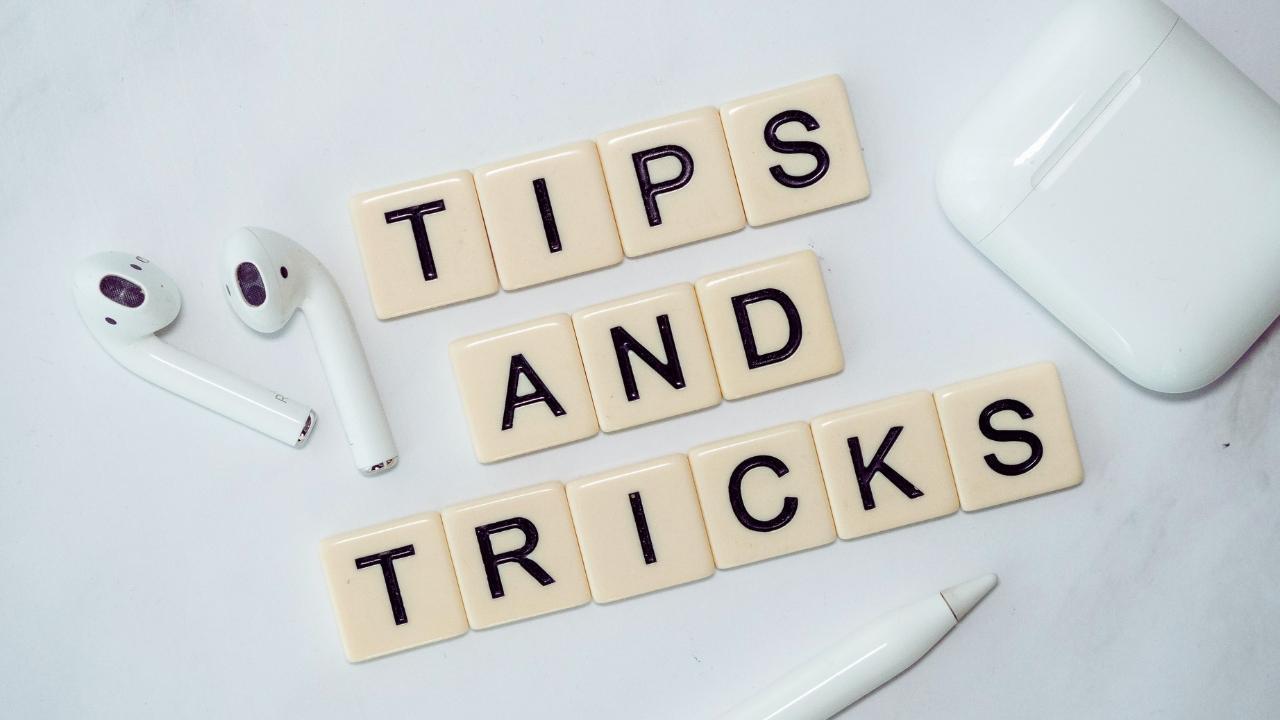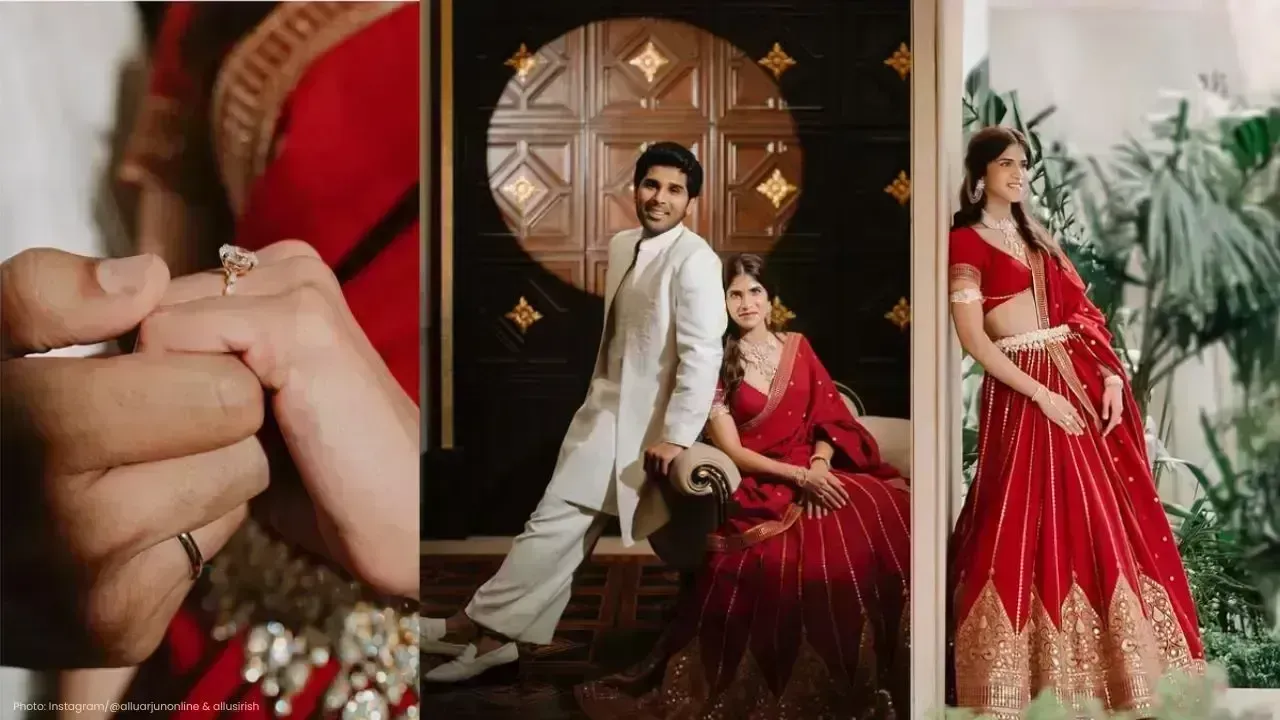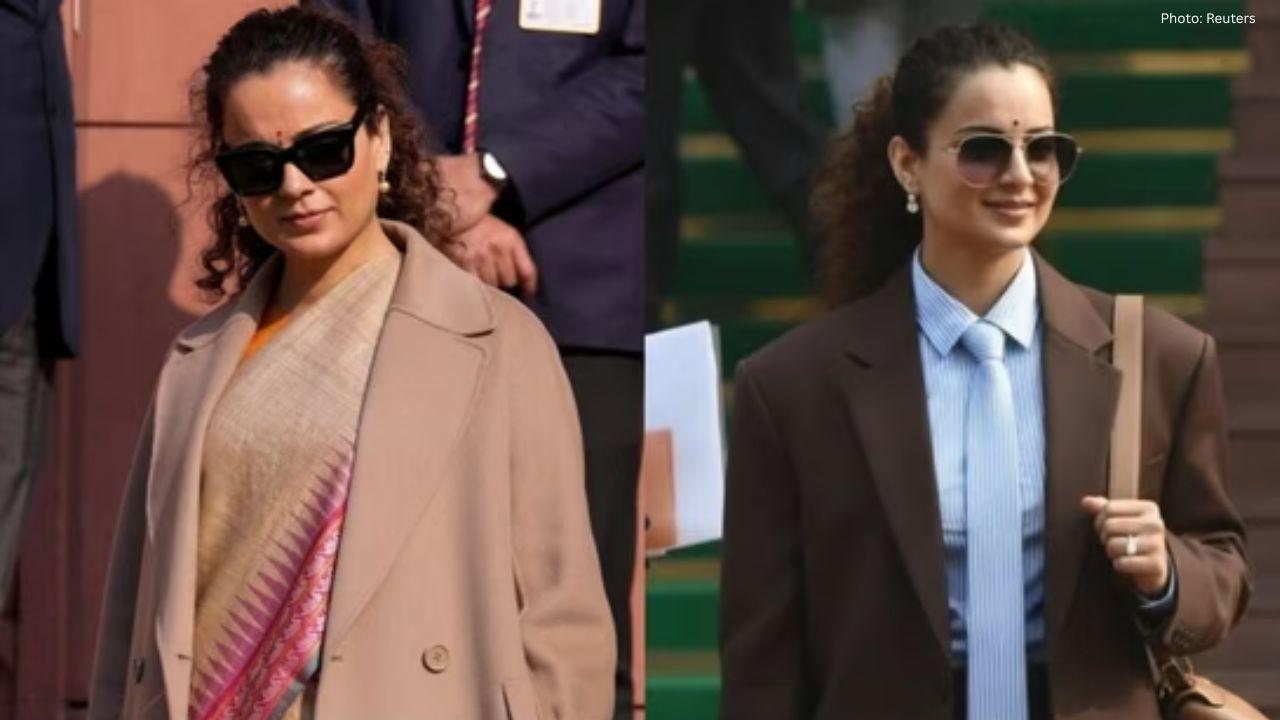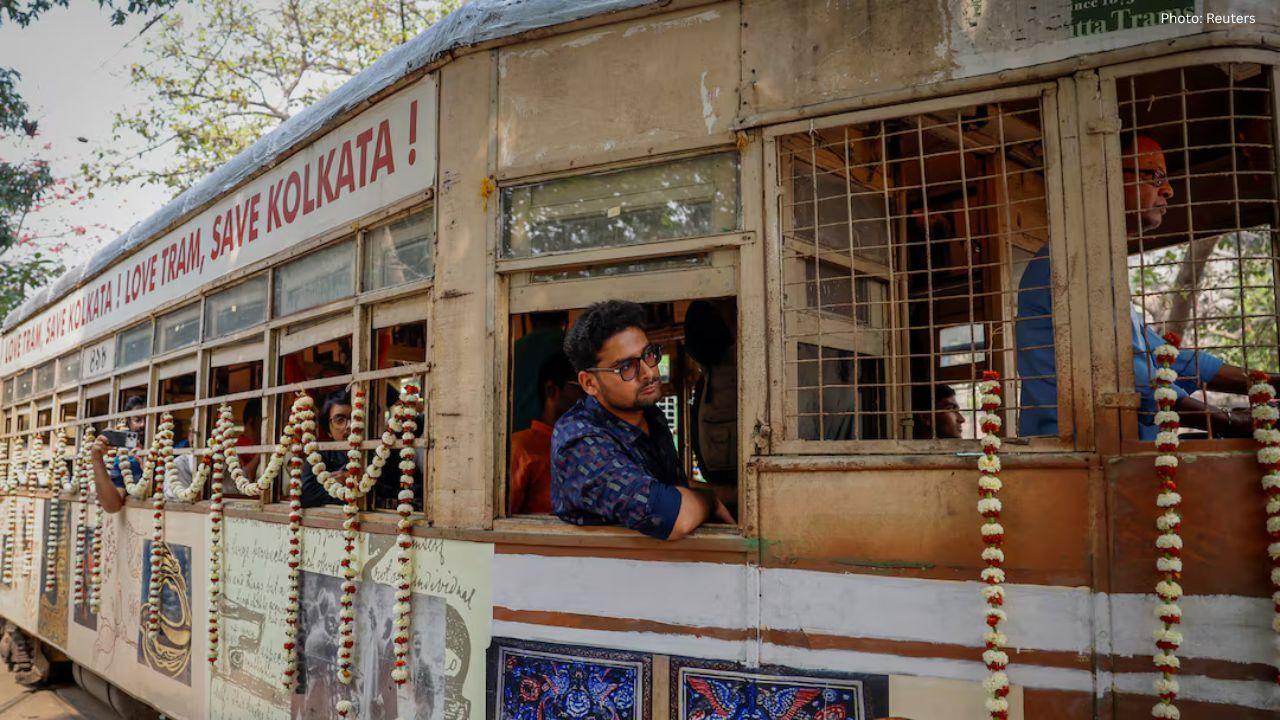You have not yet added any article to your bookmarks!

Join 10k+ people to get notified about new posts, news and tips.
Do not worry we don't spam!

Post by : Anis Farhan
Memory plays a central role in how we connect with people and the world around us. Whether it’s recalling a new colleague’s name, recognizing a neighbor in the supermarket, or remembering details from an important meeting, memory helps shape our social interactions and personal growth. Yet, many people often feel frustrated when they forget small but meaningful details. The good news is that memory can be trained and strengthened, much like a muscle. By applying certain hacks and techniques, anyone can improve their ability to recall names, faces, and events with ease.
Understanding how memory works is the first step toward improving it. When we encounter new information, the brain goes through three stages: encoding, storage, and retrieval. Encoding happens when we pay attention to details, storage is about keeping the information in short- or long-term memory, and retrieval is recalling it when needed. Interruptions in any of these stages—like distraction during encoding or stress during retrieval—can cause us to forget. Recognizing these barriers helps in applying strategies that support better recall.
Names and faces are among the most commonly forgotten things. One reason is that they are abstract pieces of information—unlike facts or stories, they often lack meaningful associations. If someone introduces themselves as “John,” there’s no context to anchor that name unless we connect it to something familiar. Faces, too, can blur in our memory unless we actively pay attention to unique features. This is why specific hacks can help strengthen these connections.
Repeat the Name Immediately – When introduced to someone, repeat their name back in conversation. For example, “Nice to meet you, Sarah.” This reinforces the sound in your memory.
Create Associations – Link the name to something familiar, like a celebrity or a visual cue. If someone’s name is Lily, picture an actual lily flower.
Use Wordplay – Rhymes or puns work well. Meeting someone named Jack? Imagine him jumping over a candlestick.
Write It Down – Jotting down names after an event, especially in professional settings, helps with long-term recall.
Engage in Active Listening – Often, we forget names because we are more focused on what we’ll say next instead of fully listening. Slow down, pay attention, and the name is more likely to stick.
Focus on Distinctive Features – Notice unique elements like a person’s hairstyle, dimples, or glasses.
Break the Face into Parts – Instead of trying to remember the whole face, pay attention to eyes, mouth, and facial structure separately.
Create a Story Around the Face – If someone has curly hair and bright eyes, imagine them as a character in a book or movie with those traits.
Use Repetition Through Interaction – The more you engage with a person, the stronger the memory trace of their face becomes.
Connect Face to Name Using Visualization – When introduced, mentally glue the person’s name onto their face, like a floating text label.
Events often involve multiple details—time, place, people, and sequences—which can overwhelm memory. To recall them better:
Chunk Information: Break events into smaller parts. Instead of trying to recall everything from a wedding, think in terms of “ceremony,” “dinner,” and “dancing.”
Relive the Event: Visualize yourself walking through the event as if replaying a movie. This strengthens retrieval cues.
Link to Emotions: Emotional connections create stronger memories. Pay attention to how you felt during an event to enhance recall.
Use Journaling: Writing a quick summary after attending a gathering or meeting ensures that the memory gets encoded more firmly.
Memory is not just about techniques—it’s also deeply tied to lifestyle choices. Factors such as sleep, diet, stress, and physical activity all impact how well we remember things.
Sleep helps consolidate memories. Without it, recall weakens.
Nutrition plays a role; foods rich in omega-3 fatty acids, antioxidants, and vitamins support brain health.
Exercise increases blood flow to the brain, boosting memory-related regions like the hippocampus.
Stress Management is essential, as high stress levels can impair the brain’s ability to encode and retrieve memories.
There are several activities anyone can practice to strengthen their memory:
Memory Palaces: Visualizing familiar locations and placing pieces of information inside them is a powerful mnemonic.
Card Games & Puzzles: Engaging in brain games challenges memory recall.
Learning New Skills: Picking up a language or instrument keeps the brain flexible.
Mindfulness & Meditation: These improve focus, which directly affects memory.
Strong memory skills provide a major advantage in personal and professional life. Remembering a client’s name or recalling a colleague’s story from weeks ago creates trust and connection. Socially, people feel valued when you remember details about them, making interactions smoother and more rewarding.
It’s also important to acknowledge that forgetting is natural. Not every name or event can be remembered, and that’s okay. The goal of memory hacks is not perfection but improvement. By practicing these strategies consistently, anyone can become noticeably better at recalling names, faces, and events without the stress of constant forgetfulness.
To make memory hacks a habit, here’s a simple daily routine:
On waking, spend five minutes visualizing your day ahead (events and people).
During interactions, consciously repeat names and note facial features.
Before bed, recall three new people, events, or details you encountered.
This cycle of encoding, reinforcing, and retrieving helps keep memory sharp.
In an age where smartphones remember contacts and calendars track schedules, the human brain risks becoming too reliant on technology. While these tools are useful, depending solely on them may weaken our natural memory. Balancing tech use with memory exercises ensures we maintain strong mental faculties even in a digital world.
This article is intended for general informational purposes only. It does not provide medical or psychological advice. For persistent memory concerns or suspected conditions like dementia, readers should consult a qualified healthcare professional.










Two Telangana Women Die in California Road Accident, Families Seek Help
Two Telangana women pursuing Master's in the US died in a tragic California crash. Families urge gov

Ranveer Singh’s Dhurandhar Roars Past ₹1100 Cr Worldwide
Ranveer Singh’s Dhurandhar stays unstoppable in week four, crossing ₹1100 crore globally and overtak

Asian Stocks Surge as Dollar Dips, Silver Hits $80 Amid Rate Cut Hopes
Asian markets rally to six-week highs while silver breaks $80, driven by Federal Reserve rate cut ex

Balendra Shah Joins Rastriya Swatantra Party Ahead of Nepal Polls
Kathmandu Mayor Balendra Shah allies with Rastriya Swatantra Party, led by Rabi Lamichhane, to chall

Australia launches review of law enforcement after Bondi shooting
Australia begins an independent review of law enforcement actions and laws after the Bondi mass shoo

Akshaye Khanna exits Drishyam 3; Jaideep Ahlawat steps in fast
Producer confirms Jaideep Ahlawat replaces Akshaye Khanna in Drishyam 3 after actor’s sudden exit ov